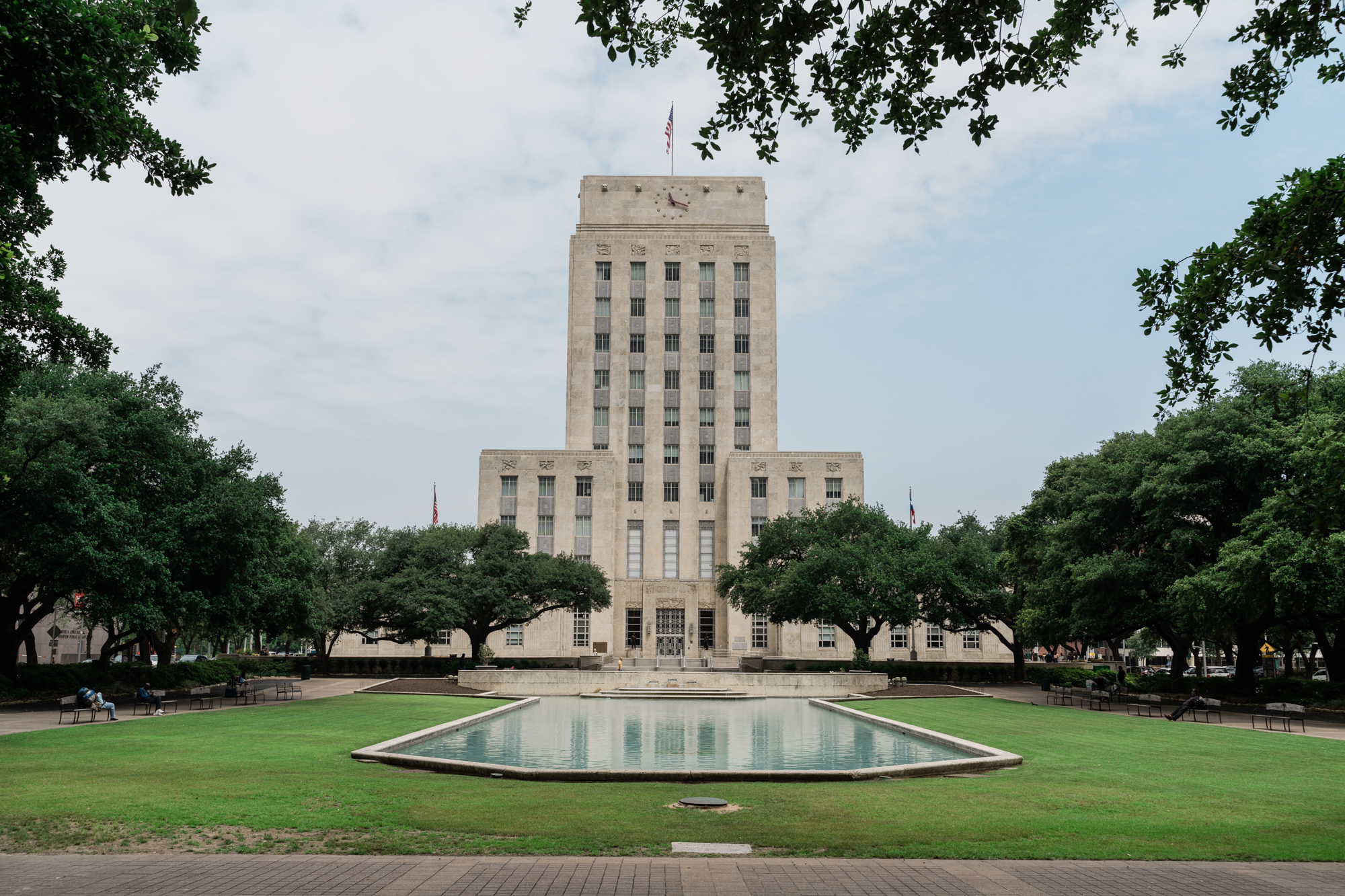Tarik J. Tyler, Head Property Protector
Houston is set to introduce its first short-term rental (STR) ordinance in early 2025 to ensure a structured and sustainable market while addressing community concerns.

Howdy Houstonians!
Short-term rentals (STRs) have become a significant part of Houston’s housing landscape, offering travelers unique accommodations while providing property owners an opportunity to maximize returns. However, as the market has expanded, challenges have emerged, prompting the City of Houston to take action. In response, the city is preparing to introduce its first ordinance regulating STRs, with a vote scheduled sometime during the first half of 2025. This ordinance aims to create a structured and sustainable approach to STR operations while addressing concerns raised by the community.
What Led to the Ordinance?
Before getting into the ordinance itself, it’s important to define what qualifies as a short-term rental. The City of Houston defines a short-term rental as “a dwelling unit or any part of a dwelling unit that is rented out or offered to be rented out for a period of less than 30 consecutive days.” While STRs provide economic opportunities for property owners and offer flexible lodging for visitors, their growing presence in residential neighborhoods has led to concerns about noise, parking availability, and overall neighborhood impact. To ensure a legally sound and enforceable approach, the City’s Legal Department reviewed key court cases, including Draper v. City of Arlington, to craft an ordinance that aligns with both property rights and municipal authority.
In addition to legal considerations, the City partnered with Granicus/Host in May 2024 to better understand STR activity. By July 2024, they had identified approximately 11,000 STR properties in Harris County, with 4,670 linked to specific owners. An analysis of citywide complaint data from November 2023 to November 2024 revealed that STR addresses accounted for 27% of 311 and HPD calls, compared to 17% for non-STR addresses. Of these STR-related calls, 81% were classified as Priority 3 or lower, meaning they involved property-related or non-life-threatening concerns.
These legal and data-driven insights, combined with feedback from city officials and stakeholders, have played a key role in shaping the proposed ordinance.
When Will the Ordinance Go Into Effect?
If the ordinance is approved, STR owners will have 180 days post approval to comply with the new requirements. This includes obtaining a license to operate legally and ensuring properties meet the city’s standards. These measures are designed to create a structured environment for STR operations while minimizing disruptions to neighborhoods.
How We Can Help
Navigating these changes can feel overwhelming, but you don’t have to do it alone. Monopoly Property Services offers structured service plans designed to keep your property compliant, well-maintained, and guest-ready. Whether you need routine upkeep, post-clean inspections, or full-scale property management, our plans provide tailored solutions that fit your needs.
- Community Care – Essential property upkeep with Twice-a-Week Service Visits and Monopoly Cam for instant updates.
- Marvin Gardens Maintenance – Everything in Community Care, plus handyman services, post-clean inspections, and seasonal maintenance.
- Park Place Prestige – Our most elite plan, including marketing, direct bookings, guest agreements, and complete management.
Want a custom compliance strategy? Visit the Monopoly Store to explore consulting services and expert guidance on meeting Houston’s new STR ordinance requirements.
Subscribe to Property Pulse to stay updated on timelines and important developments regarding this ordinance.
